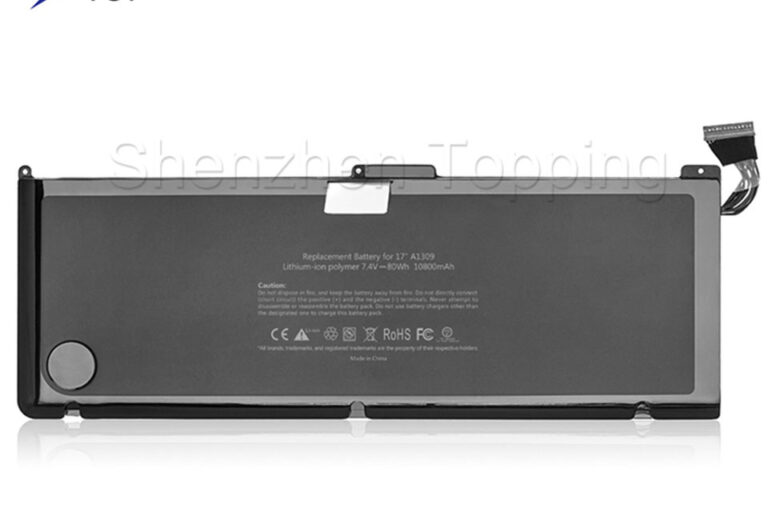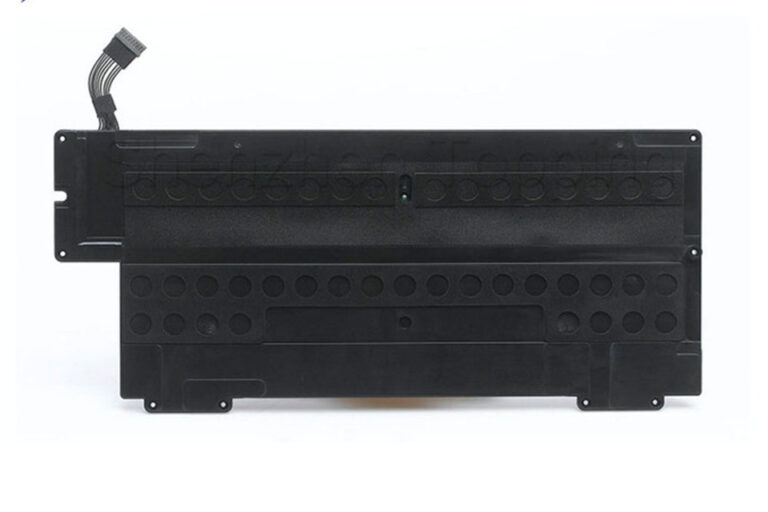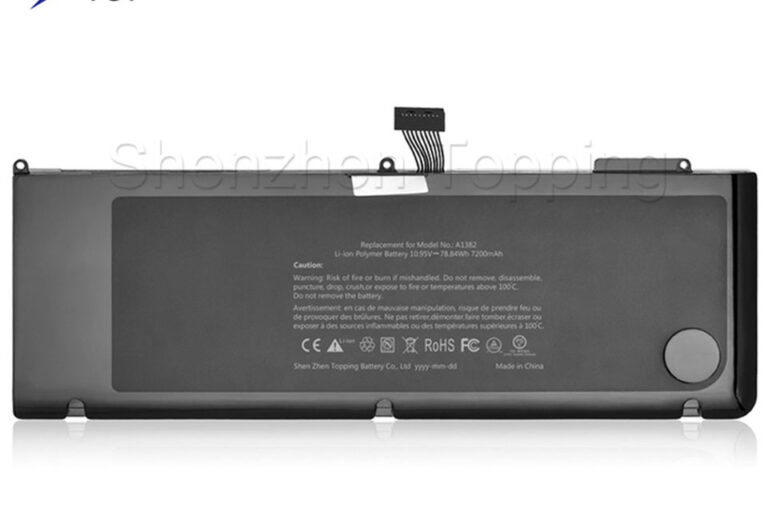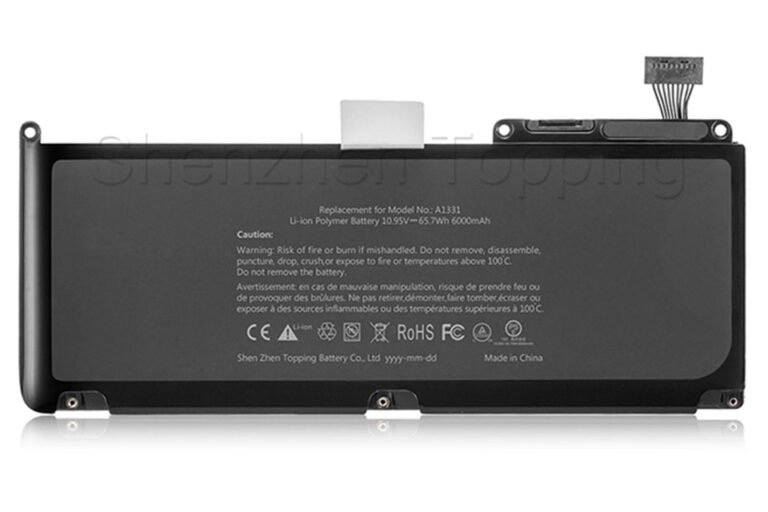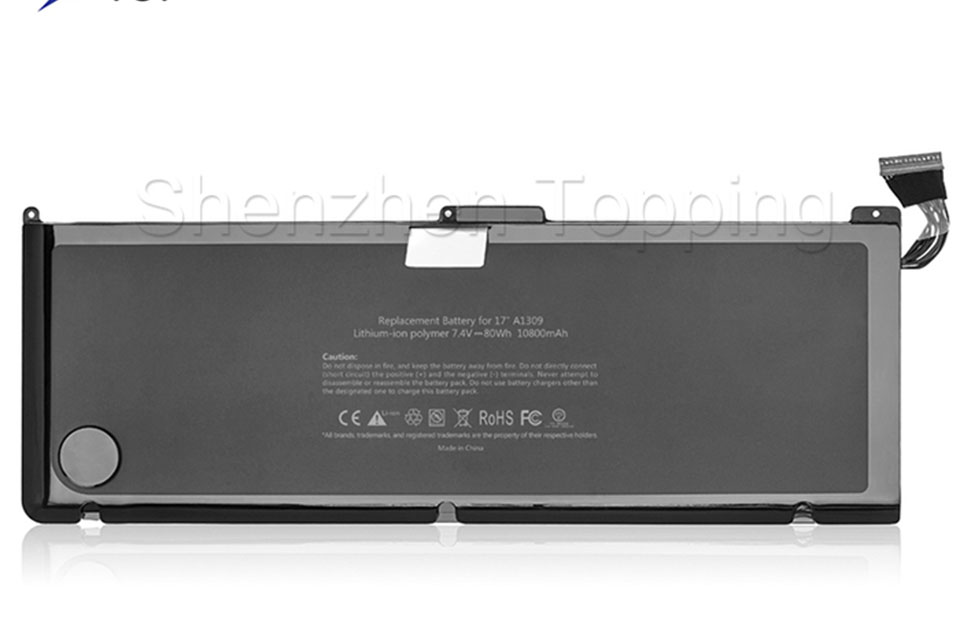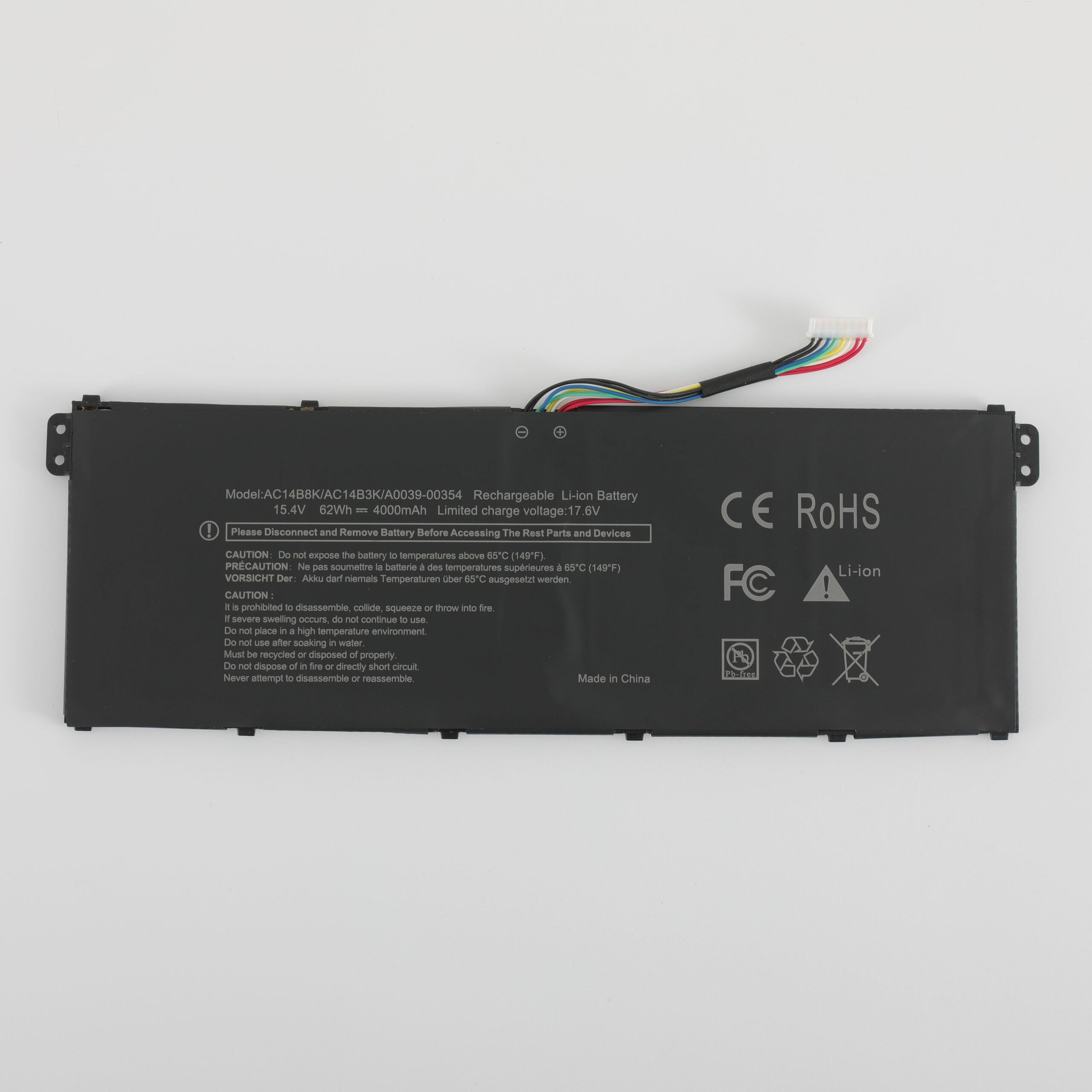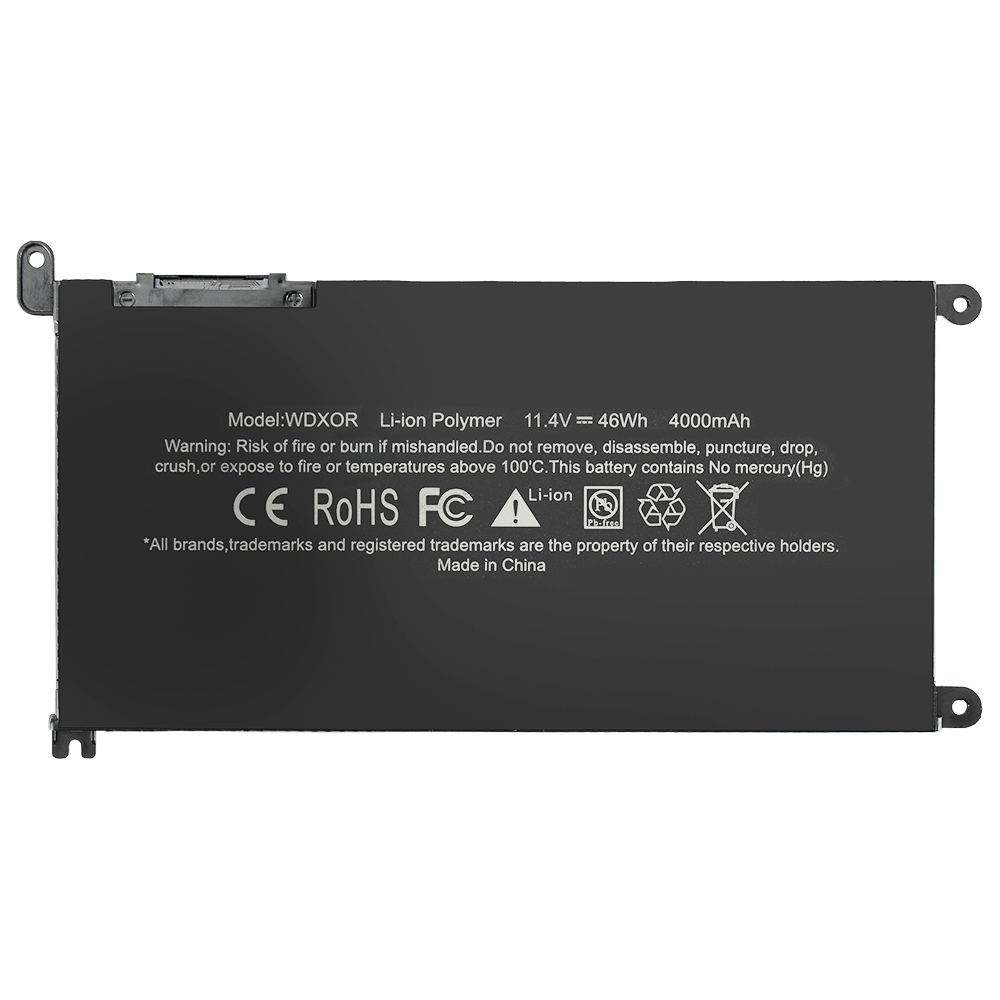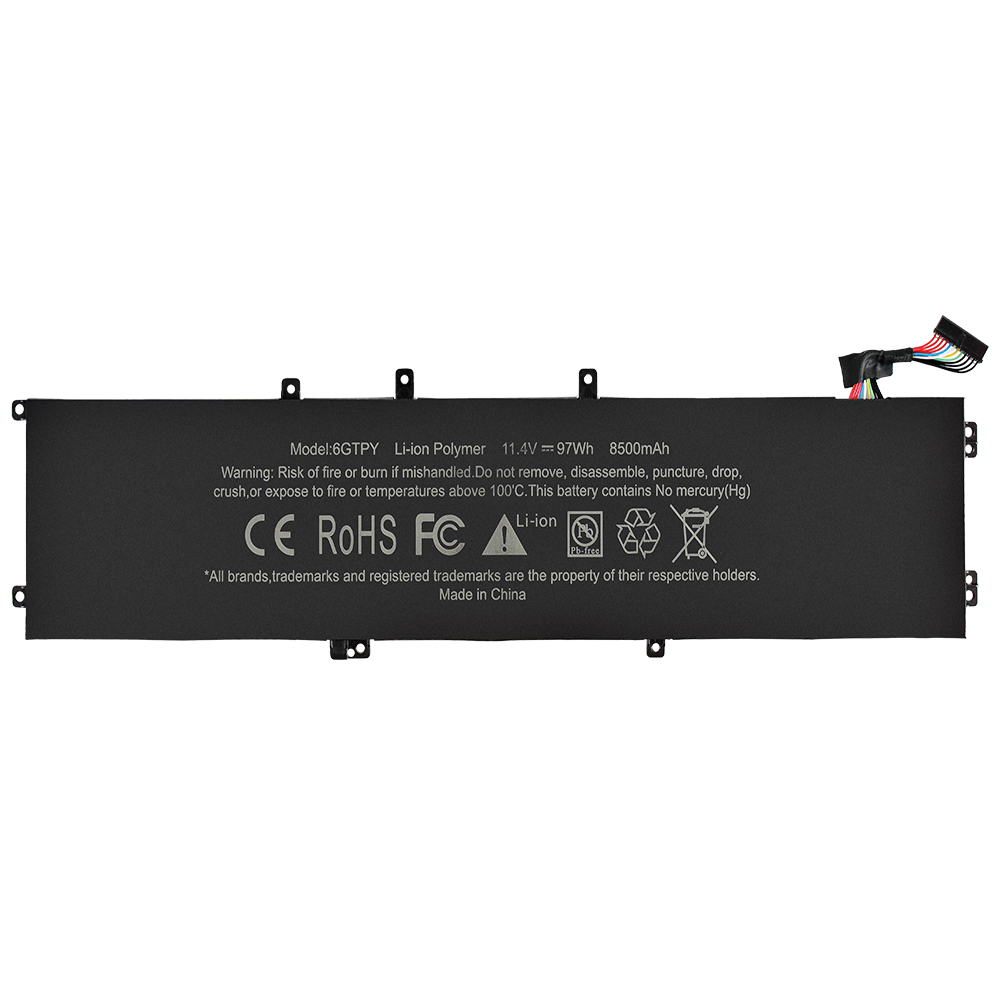-
Longshan 5th Rd, Xingsheng County,Longgang Street, Shenzhen
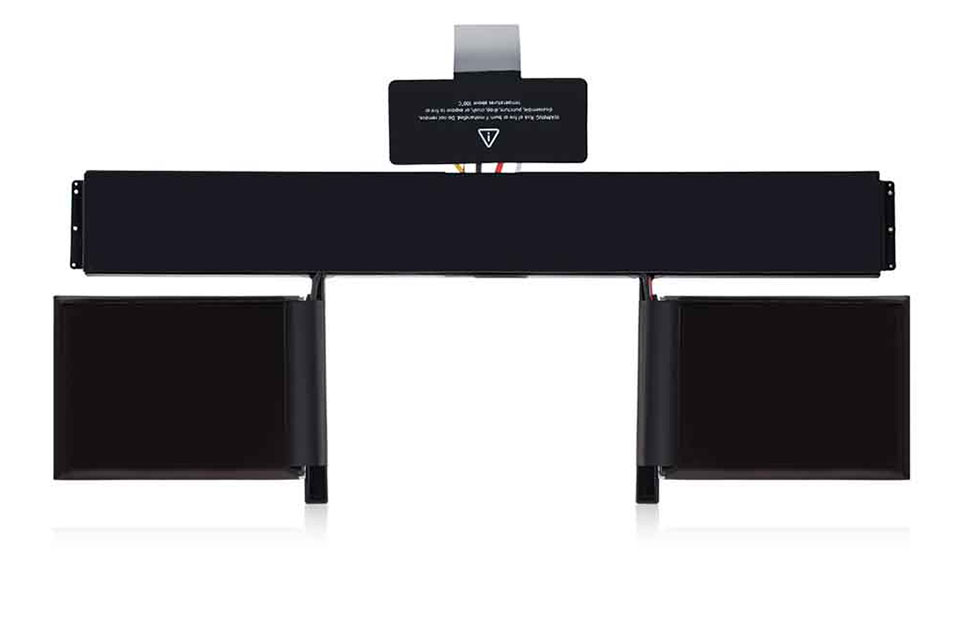
Is it better to keep a laptop plugged in or use a battery?
Laptop computer batteries can be tough to utilize right. Many individuals ask: is it far better to maintain a laptop computer connected in at all times or utilize the battery? This is a large inquiry! This overview will certainly assist you understand what to do with your laptop computer
Table of Contents
Exactly How Laptop Computer Batteries Job
Laptops utilize lithium-ion batteries These shop power for your computer system. Each time you fee and consume the battery, it is one cycle
Lithium-ion batteries do not such as going to 100% for a long time. They likewise do not such as going to 0% Both make the battery obtain old quick.
When a fee controller in your laptop computer sees the battery is complete, it quits even more power from entering. Yet the battery still has anxiety at 100%
Threats of Maintaining Your Laptop Computer Connected In
When your laptop computer keeps connected in at all times:
- It makes warmth Warm is really negative for batteries.
- The battery remains at high voltage, that makes it wear
- It can trigger battery swelling with time.
Numerous customers maintain laptop computers connected in throughout the day. A Customer Records Study discovered that 63% of individuals do this, and 41% had much less than 80% battery life after simply 2 years
Threats of Always Making Use Of Battery Power
Making Use Of battery power at all times can likewise be negative:
- Going listed below 20% can pain the battery cells.
- Much more cycles mean much shorter battery life.
- Your laptop computer could not function as quick when on battery
Which is Much better? Allow’s Contrast
Right Here is a straightforward graph to assist you see the great and negative aspects of both methods:
| Connected In | Battery Usage |
|---|---|
| Great: Laptop computer operates at complete power | Great: Much less anxiety on battery if maintained 20-80% |
| Great: No bother with going out | Great: Less warmth issues |
| Poor: Battery at 100% obtains anxiety | Poor: Even more fee cycles use battery |
| Poor: Even more warmth accumulates | Poor: Might decrease efficiency |
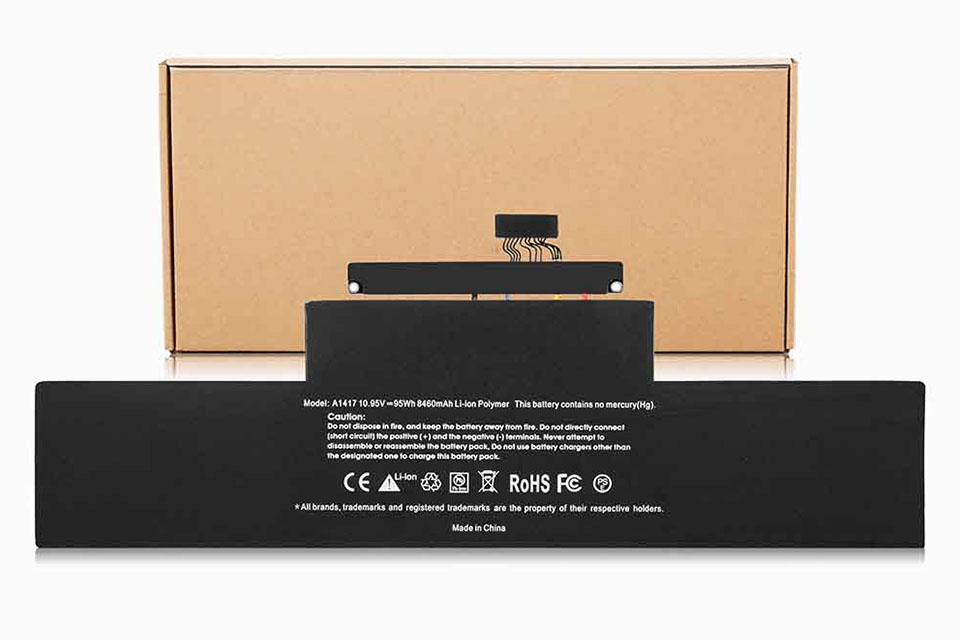
What Research Studies Program
Researchers and computer system manufacturers have actually done examinations to locate the ideal means to utilize laptop computers:
| Research Study Resource | What They Discover | Why It Issues |
|---|---|---|
| Battery College | Maintaining 100% fee cuts life by 20% in one year | Maintain fee in between 20-80% for ideal life |
| Dell Power Supervisor | 80% max fee establishing increased battery life | Usage devices that restriction billing |
| College of Michigan | Warm + 100% fee created 40% capability loss in 3 years | Warm is a large issue when connected in |
| Asus Study | Disconnecting at 80% maintained 92% capability vs. 78% for full-charge customers | Partial billing truly functions! |
Ideal Ways to Utilize Your Laptop Computer Battery
Right Here are the ideal pointers for making your battery last longer:
- Maintain your battery in between 20% and 80% complete.
- Do not leave your laptop computer connected in at all times.
- Utilize the battery often, not simply the plug
- Maintain your laptop computer cool
- Usage software program that aids your battery
Numerous laptop computer manufacturers have devices to assist your battery last much longer. For instance, can establish a restriction so your battery quits billing at 80%
Battery Software Program Devices
All large laptop computer brand names currently have devices to aid with battery health and wellness:
- Apple: Battery Wellness Administration in macOS
- Windows: Battery Saver setting
- Dell: Power Supervisor
- HP: Battery Treatment
- Lenovo: Vantage
- ASUS: Battery Wellness Charging
These devices usage fee limit setups to quit your battery from remaining at 100% as well long.
When to Maintain It Connected In
Occasionally, maintaining your laptop computer connected in is far better:
- When doing large work like video clip editing and enhancing or video games
- When utilizing lots of added points connected in
- When you require leading rate and power
If you should remain connected in for a very long time, think of obtaining a high-quality replacement battery for when you require it.
When to Utilize Battery Power
Usage battery power when:
- You’re moving with your laptop computer
- You wish to prolong your battery’s life
- There is a tornado that might reduce power
- You do not require complete rate ( like simply internet surfing)
Real or otherwise? Battery Misconceptions
Allow’s deal with some incorrect concepts concerning laptop computer batteries:
- Misconception: “My laptop computer will certainly quit billing at 100%”
Reality: Yes, yet remaining at 100% still creates anxiety and warmth - Misconception: “I need to drain my battery to 0% when a month”
Reality: No! This harms contemporary batteries. Never ever go listed below 20% if you can assist it. - Misconception: “Battery calibration is not required”
Reality: You need to still adjust your battery 1-2 times a year for appropriate analyses. - Misconception: “New laptop computers do not have battery issues”
Reality: Also the most recent laptop computers with elegant batteries still require great treatment.
Indicators Your Battery Demands Aid
Exactly how do you understand when your battery health and wellness is going down? Seek:
- Battery life obtains much shorter
- Laptop computer closes down also when battery programs fee left
- Battery fumes quick
- Battery swells or makes your laptop computer instance lump
If you see these indicators, you could require a new laptop battery quickly.
Concerns Individuals Ask
u003cstrongu003eCan I leave my laptop plugged in overnight?u003c/strongu003e
Yes, but not u003cstrongu003eeveryu003c/strongu003e night. Modern laptops have u003cstrongu003eprotectionu003c/strongu003e, but it’s still best to unplug sometimes.
u003cstrongu003eHow long should my battery last?u003c/strongu003e
With good care, 3-5 years. With u003cstrongu003ebadu003c/strongu003e care, just 1-2 years.
u003cstrongu003eShould I remove the battery when plugged in?u003c/strongu003e
No, modern laptops need their battery for u003cstrongu003epower managementu003c/strongu003e and to work right.
All-time Low Line
The ideal means to look after your laptop computer battery is to:
- Maintain the fee degree in between 20-80%
- Usage battery often and plug often
- Maintain your laptop computer amazing
- Utilize your computer system manufacturer’s battery devices
This equilibrium offers you the lengthiest battery life. No requirement to stress way too much, yet a little treatment goes a long means!
If your battery does wear, you can locate quality replacement batteries for many laptop models to offer your laptop computer brand-new life.

